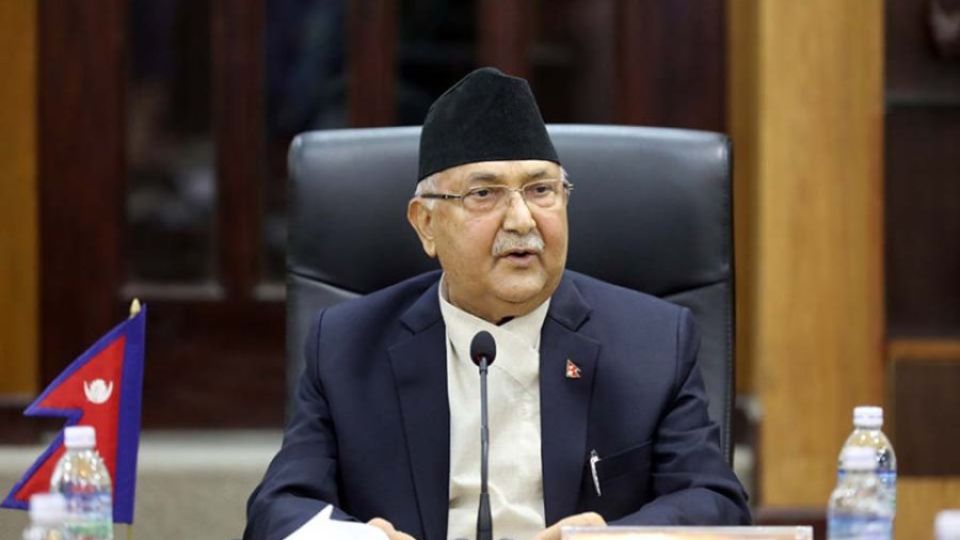January 14, 2025
KATHMANDU – The KP Sharma Oli government’s first six months have been disappointing. In fact, looking back, it is hard to think of a single successful initiative of this government. Even the much-celebrated ‘breakthrough’ in the transitional justice process proved to be a dud after the failure to pick the office-bearers of the two transitional justice bodies, partly due to the meddling of top ruling party leaders. The strong coalition of Nepali Congress and CPN-UML that came to office with the promise of political stability, good governance, swift service delivery, economic revival and constitution amendment has fallen short on all these fronts. The government may have had a near two-thirds parliamentary majority but, from Day One, it has been a subject of endless speculations over its tenure. On governance, the prime minister himself made a mockery of his exalted office when he accepted a donation from a controversial businessman to build an office for his party, UML. Capital expenditure has been poor, inflation is on the up and people don’t have money in their hands. On constitution amendment, the lesser said the better: The prime minister one day rules out amendment for the next five years; the next day, senior Congress leaders chide him for such ‘irresponsible’ remarks.
Oli’s six months in office have thus been rather chaotic. Concerned about poor results, the prime minister recently summoned senior civil servants and chided them. He then pushed five ordinances through a midnight Cabinet meeting. Perhaps he is really bothered about the tardy ways of his government. But then his recent actions also smack of desperation. With half a year lost, the prime minister wants to be seen to be taking action, doing something, and hence the scoldings and ordinances. Yet had he been committed to action, there would have been some progress on some fronts, which is not the case. This is why more and more people believe that whatever Prime Minister Oli does, it is only for show. This time, he cannot even blame his coalition partner because his chemistry with Sher Bahadur Deuba, the Congress chief, is just fine, and there have been no reports of Congress ministers defying the prime minister. So where is Oli getting it wrong?
It is interesting that none of his ministers has stood out in service delivery. This is rare. Normally, during each administration, there are some ministers who do really well, even as the rest of the government falters. But not this time. This suggests the current crop of ministers were picked based more on their loyalty to top party leaders and less on their competence. Whatever the case, in a parliamentary system, the buck stops with the prime minister. One problem seems to be that the prime minister has not been able to establish the moral authority to lead. His image has not recovered from his decision to accept the land for party office—even inside the UML. The swift suspension or removal from the UML of party leaders who criticised that decision suggest Oli is more of an authoritarian than a democrat. As in the party, so in the polity. If the prime minister wants to understand where he has gone wrong, it is the mirror he must look at.


